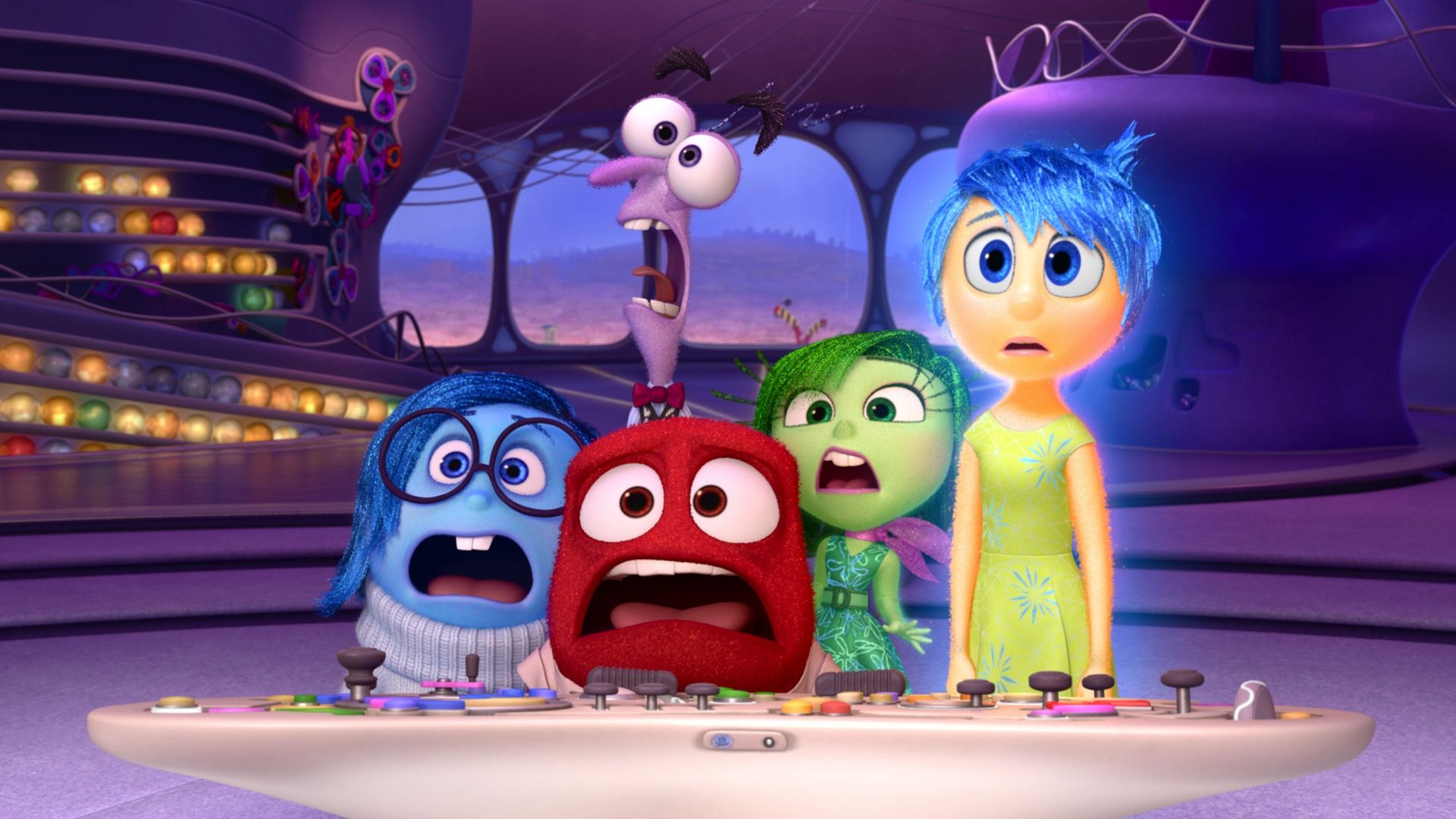
In the vast Pixar collection of films, Inside Out, the company’s newest film, takes its place as their cinematic psalter. Reflecting on the Psalms, John Calvin wrote this, “What various and resplendent riches are contained in this treasury, it were difficult to find words to describe … I have been wont to call this book not inappropriately, an anatomy of all parts of the soul; for there is not an emotion of which anyone can be conscious that is not here represented as in a mirror.” In similar ways, Inside Out provides its own highly entertaining, poignant, and searching anatomy of the soul.
This is the good news of the gospel: we can finally disobey ourselves. We have the power to live inside out with both full awareness and full stewarding of the self for God’s great purposes on the earth.
As I watched the film, two biblical truths stood out to me – one for its presence, and one for its absence.
The first truth is that we must pursue honest self-awareness of the emotional complexity and reality within ourselves.
Helpfully, tenderly, and comically, Pixar speaks to this truth with a lens into the unseen world of our emotions. We get a glimpse of the feelings inside the main character, Riley – an entangled and shifting emotional battle among joy, disgust, anger, sadness, and fear. These five emotions portrayed in the film are not necessarily bad in and of themselves. But there is an emphasis on holistic emotional wellbeing as no singular emotion is beneficial when it seeks to dominate alone.
The characters of Anger and Disgust work together to let Joy and Sadness back into “headquarters” at a critical juncture of the movie. Fear serves to protect, but on its own it enslaves unto paralysis. The mingling of Joy and Sadness reveals that the path of honest lament leads to the deepest delight. When Joy seeks to become the be-all and end-all in the story, it is lost and lands in a perilous place. When Jangles (Riley’s imaginary friend) is deeply disheartened and severely stuck, Sadness mourns with him. Only then is Jangles aroused to necessary and important action.
This emotional self-awareness is biblically required of us as believers. After all, in his opening lines of the Institutes, Calvin said, “without knowledge of self there is no knowledge of God.”
The psalms provide a mirror into our hearts as they take us on the emotional journey from “darkness is my closest friend” (Psalm 88:18) to “fear and trembling have beset me” (Psalm 55:5) to “many have become my enemies without cause,” (Psalm 38:19), to “my tears have been my food day and night,” (Psalm 42:3) and to “weeping may stay for the night, but rejoicing comes in the morning” (Psalm 30:5).
Unseen to us but undeniable to our lives are the powerful emotions of our inner being. Living in denial of their presence and persistence is not only foolish, but is to live without truly knowing God. Inside Out brilliantly shows the complex presence of our emotions and the necessity of self-awareness.
However, the second biblical truth is missing in this excellent film: we must pursue faithful self-control of the emotional complexity and reality within ourselves.
Riley is at the mercy of her emotions, without control, stewardship, or power. The gospel, however, enables us to have self-awareness without victimhood. While Inside Out brilliantly unpacks the first statement of Calvin’s Institutes, it fails to represent Calvin’s countering point: “Without knowledge of God there is no knowledge of self.” It is that knowledge of God that liberates us from the tyranny of the self and produces the fruit of the spirit: self-control.
Titus 2:12 says that God’s grace “teaches us to say ‘no’ to ungodliness and worldly passions, and to live self-controlled, upright and godly lives in this present age.” The Psalter constantly announces stewardship of emotions with an emphatic phrase, “I will.” This resolve is not a naive denial of emotions but rather a declaration of access to a new power girded in truth. We are no longer enslaved to self or sin. As followers of Jesus Christ, it is only because of grace that we can pay full attention to our interior life and at the same time finally steward ourselves as God so wonderfully designed.
As Father Mapple remarks in Moby Dick, “If we obey God, we must disobey ourselves; and it is in this disobeying ourselves, wherein the hardness of obeying God consists.” This is the good news of the Gospel: we can finally disobey ourselves. We have the power to live inside out with both full awareness and full stewarding of the self for God’s great purposes on the earth. In the end in the film, it is singing that finally gets Joy out of the dungeon of darkness. So it is with us. Grace frees us to rise, declaring, “I will praise the Lord all my life; I will sing praise to my God as long as I live” (Psalm 146:2).
